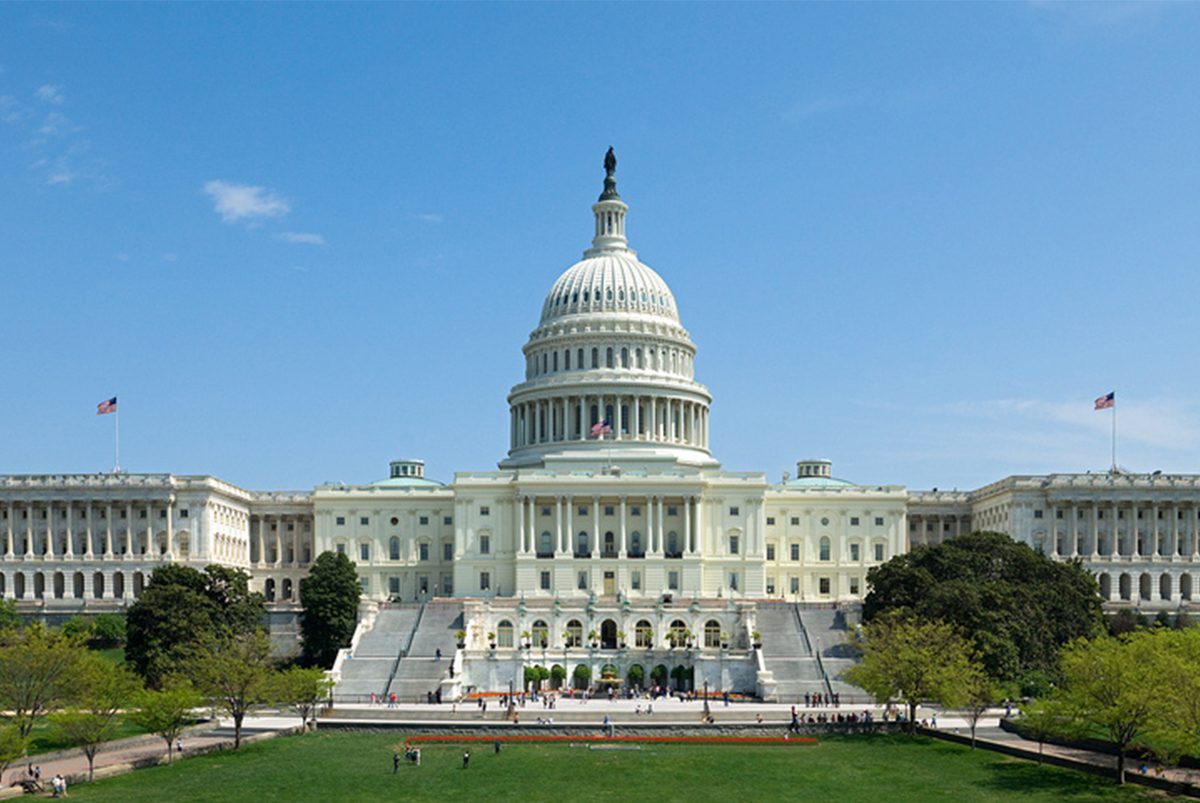You’ve probably heard about the judiciary reactions to the ACA recently. Here’s a summary so far.
On Dec. 14, 2018, Texas Federal Judge, Reed O’ Connor, originally struck down the Affordable Care Act in conjunction with a group of 19 Republican attorney generals and one governor, led by Texas Attorney General Ken Paxton. Judge O’ Connor ordered a 30-page court filing ruling that the ACA is unconstitutional on the belief that Congress is taking away the individual mandate penalty by reducing it to free.
CNN reported that the Judge said this deems the law itself unconstitutional because of a change in the federal tax law, therefore, the remainder of the act cannot be in place. However, he did not issue an injunction to prevent federal and state governments from enforcing the law. Over two weeks later, he issued an order on Dec. 30 that the law can stay in effect pending appeal.

This decision stems from the original 2012 ruling when the Supreme Court upheld the law on the grounds that the mandate fell within Congress’ taxation powers. O’Connor reasoned that when Congress removed the tax penalty for not buying insurance, it was no longer constitutional.
Many States Become Involved in Texas’ ACA Case
Democrats have been set to challenge O’Connor’s judgment. California Attorney General Xavier Becerra, joined by 16 other states, led an appeal that defends the ACA, and this group is ready to take immediate action against O’Connor’s ruling. Judge O’Connor allowed Democratic state attorneys general from the 16 states and DC to become involved in the case. These states include California, Connecticut, DC, Delaware, Hawaii, Illinois, Kentucky, Massachusetts, Minnesota, New Jersey, New York, North Carolina, Oregon, Rhode Island, Vermont, Virginia, and Washington. This band of states was the only party arguing to uphold all of the ACA. The opposing conservative states argued that the law remains constitutional.
Both parties have their own opinions on how the ruling should go. But in just a few weeks time, a few states have reconsidered their position. Some are trying to withdraw from the suit while others are trying to join the group of states defending the ACA.
Opposing Positions on ACA and Government Shutdown Means No Changes
From the beginning, a large part of President Trump’s platform was to dismantle the ACA. In June 2018, USA Today posted that The Trump Administration announced it would no longer defend the individual mandate and other similar provisions in the Act. The Justice Department argued those provisions of the law could be erased without deeming the entire law unconstitutional. However, O’Connor disagreed with this ruling.
According to NPR, “In some ways, the question before the Court involves the intent of both the 2010 and 2017 Congresses,” O’Connor wrote in his decision. “The former enacted the ACA. The latter sawed off the last leg it stood on.”
Still, no resolution so far. The Government Shutdown has taken a great deal of focus, leading members to request an additional stay. Several states have taken their own protective measures. For instance, Legislation just presented in Maine would preserve key benefits of the ACA for Maine citizens in light of a possible repeal.
In summary, the ruling is postponed. The appeal is still in progress. Actions and reactions to claims at the ACA continue in a loop with little to no changes.

